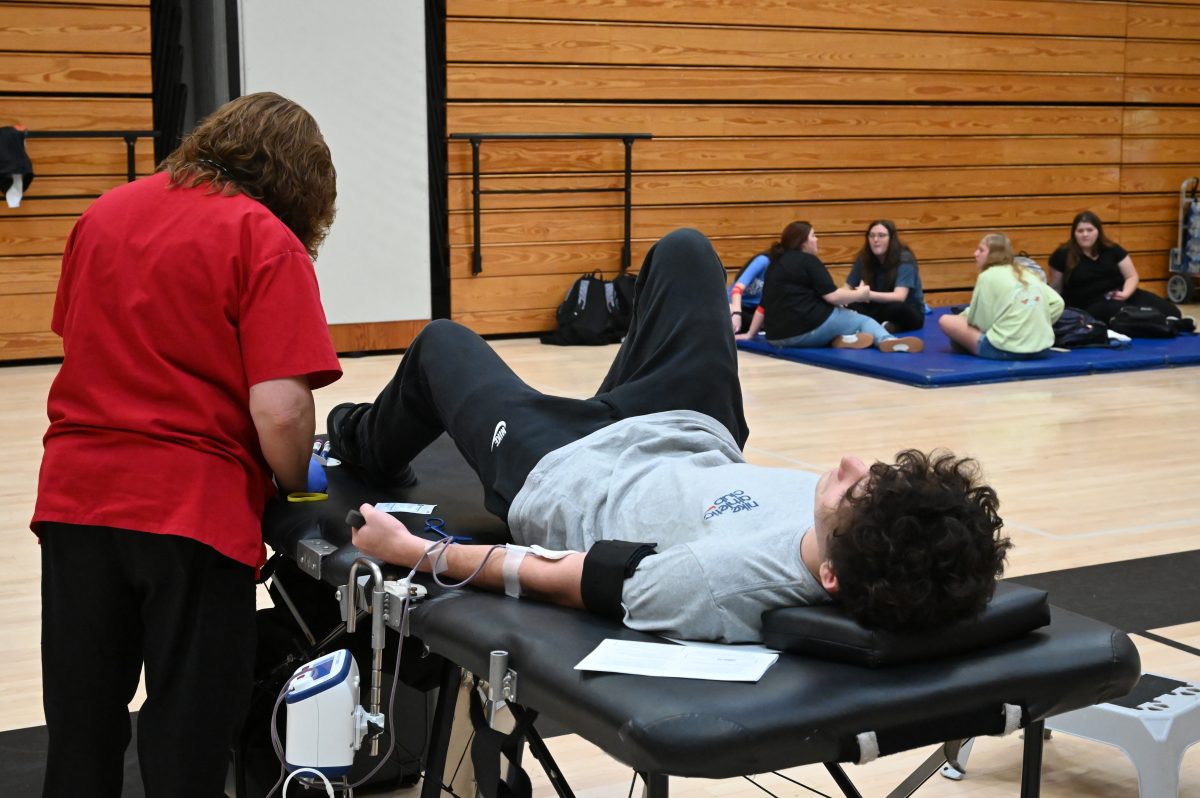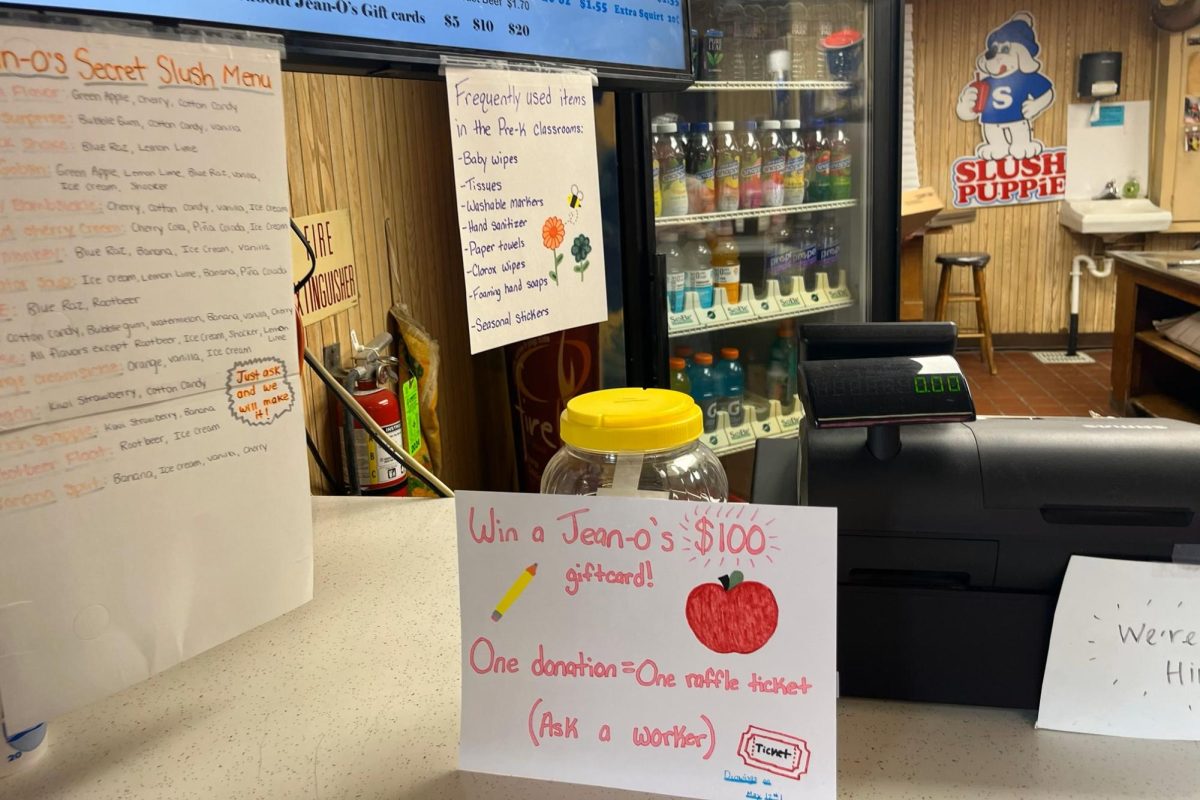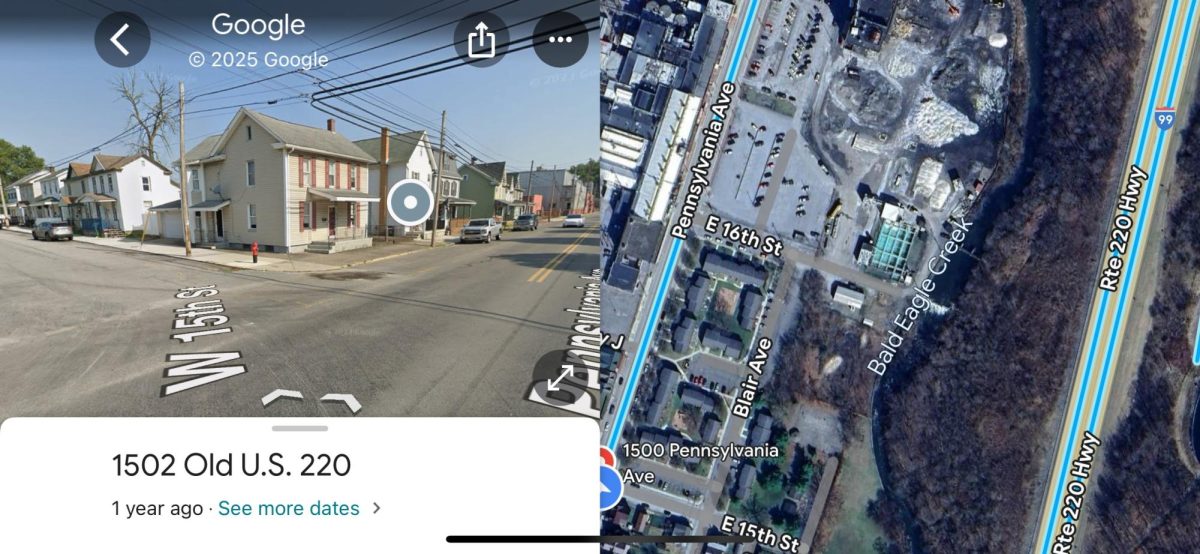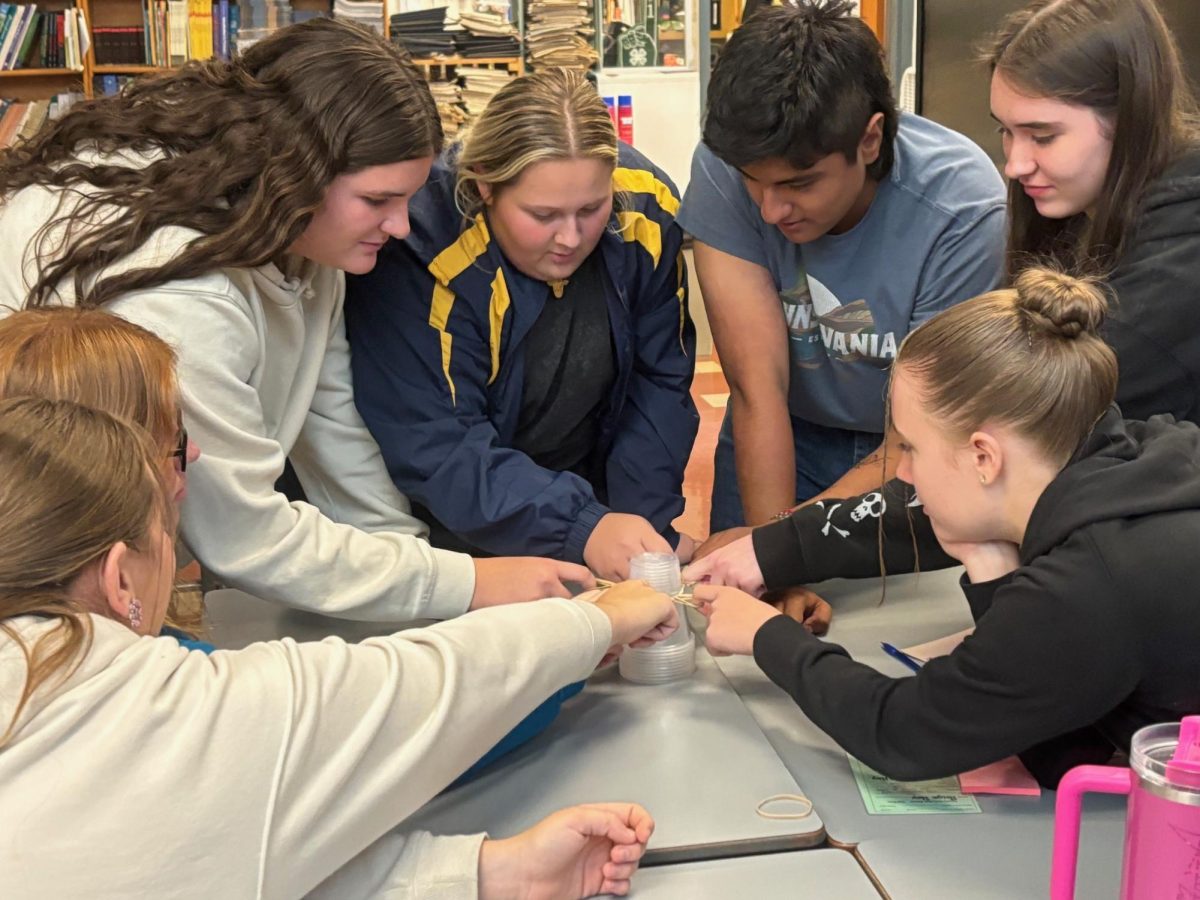Attorney Ashley Owens will speak to the Tyrone community on the issue of human trafficking in central Pennsylvania on Thursday, February 29 at 6:30 pm in the TAHS auditorium.
The presentation is part of the Tyrone Area School District’s Parent Awareness Speaker Series.
A former county prosecutor from the Blair County District Attorney’s office, Owens founded the Center for Child Justice, the first children’s advocacy center in Blair County, where her work involved managing services for child victims of abuse, neglect, or exploitation as well as tracking instances of child trafficking, particularly sex trafficking.
“We see human trafficking in the movies and it’s super dangerous, with kidnappings and things like that. While that kind of trafficking can happen, that’s not what we’re seeing here,” Owens said.
According to Owens, in rural counties like Blair, Huntingdon, and Centre, there are some important differences in the approach to human trafficking compared to large cities and other parts of the world, but that doesn’t mean that it isn’t a problem.
Human trafficking is defined as the unlawful act of transporting or coercing people to benefit from their work or service, typically in the form of forced labor or sexual exploitation.
Unfortunately, due to ignorance or misinformation, a lot of Americans fall into one of two extreme camps on this issue, both of which are more fiction than fact.
Some people think of human trafficking as some distant worry, a world away, something that they will never encounter in their safe, friendly middle-class town or city. Others fall for internet hoaxes that imply that the problem is rampant, with innocent people being randomly targeted and kidnapped from parking lots and shopping centers.
But Owens said that while it might not be an epidemic, human trafficking is a real problem that has been uncovered and prosecuted right here in Blair County.
Her presentation will cover the overall business model of trafficking, as well as how and why it flourishes in some areas.
Owens said one big myth about human trafficking is that it doesn’t always involve the victims moving from one place to another. People can be trafficked without leaving their homes, usually by other family members or people close to the victims.
Owens said there are generally three situations where human trafficking most commonly exists in central Pennsylvania.
One involves poverty and the drug trade, another focuses on labor issues in agriculture, and a third is due to Blair County’s proximity to a major highway and Penn State University.
“Here we see a lot more family trafficking, a lot of it is wrapped up in the drug dependence and the drug problems that we have here. We’ve had cases where parents exchange their kids or sell their kids for drugs or whatever they might need. Using sex or drugs for payment,” Owens said.
The other area, which she is not an expert in, but knows that it is occurring, is in agricultural labor. “We also see the role of our county where there are farms [that need seasonal labor], so when we look at rural farming, there’s an opportunity there for people to be manipulated into labor trafficking.”
Lastly, she says there are also issues with sex trafficking at major Penn State University events.
“Penn State football games, Penn State graduations, all of our hotels are booked on those weekends, and because we’re in such close proximity to Penn State we know that traffickers will bring people, typically women, in to service those big sporting weekends.”
Owens will also speak about the role that social media plays in human trafficking. “In all the most recent cases, there has been an element of social media, particularly for teenagers,” Owens said.
While Owens is now at Penn State Altoona as the Director of Student Accountability and Conflict Response and interim Title IX coordinator, she still works on the issue of human trafficking and child abuse and takes time to educate the public as part of the local Human Anti-Trafficking Response Team (HART) where she and others work to help children who have been victims of trafficking.
“As a part of the education committee of the Blair County Human Anti-Trafficking Response Team, we believe educating the community members about human trafficking is an important piece of prevention efforts,” Owens said.
Owens encouraged parents and all interested community members to attend her presentation to learn more about this important and often misunderstood issue.
















